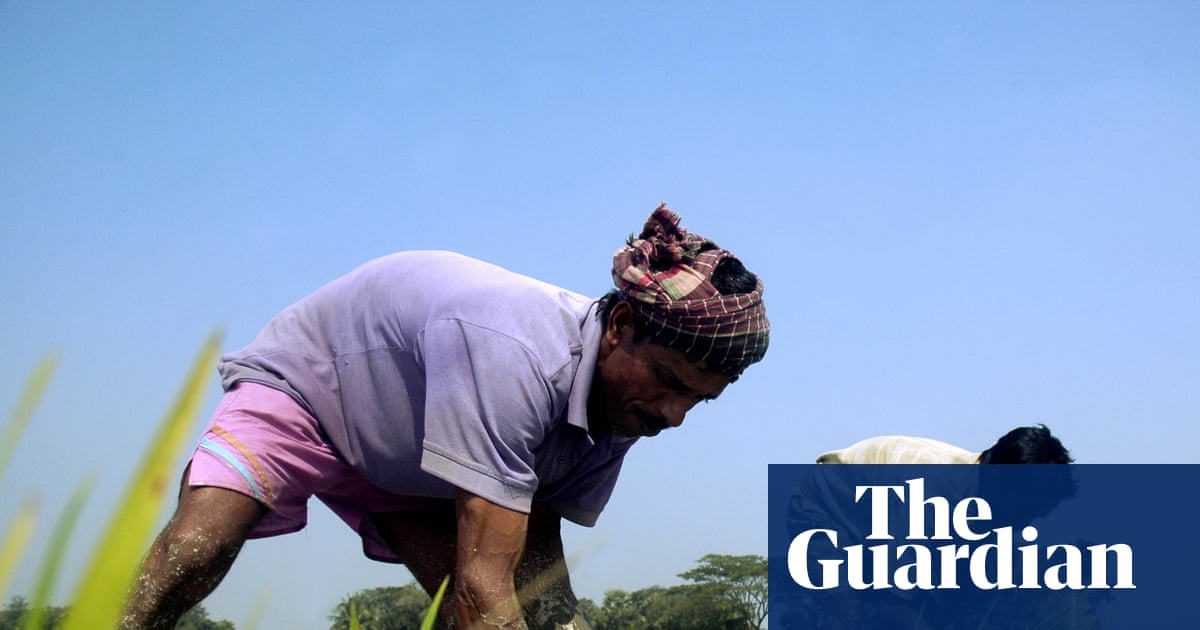The UK’s public finances are in a “relatively vulnerable position”, with pensions costs, climate change and volatile bond markets all posing significant risks, the independent Office for Budget Responsibility has warned.
In its annual assessment of the long-term threats to the government’s fiscal position, the OBR points out that the UK has “the sixth-highest debt, fifth-highest deficit and third-highest borrowing costs among 36 advanced economies”.
In total, the forecaster confirms its previous expectation that without policy changes, national debt is on course to hit 270% of GDP by 2070 – up from less than 100% today.
The watchdog says efforts to restore the public finances in the wake of a series of big economic shocks – including the Covid pandemic and the energy crisis – have “met with only limited and temporary success in recent years”.
The government is also facing an increasingly challenging global backdrop, the OBR says, amid the impact of Donald Trump’s trade war and a promise to increase the share of GDP spent on defence to 5% by 2035.
“Rising geopolitical tensions have given rise to the largest increase in effective global tariff rates in over a century and put the UK and other European countries under pressure to increase defence spending to their highest levels since the end of the cold war,” it says.
With Rachel Reeves under pressure from colleagues to loosen her fiscal rules, the OBR argues that in fact, such guidelines have had little impact on reining in tax and spend over the past 15 years.
“While getting a measure of public debt falling as a share of GDP has featured in eight out of nine UK fiscal frameworks since 2010, underlying debt has risen by 24% of GDP over the past 15 years and by 60% of GDP over the past 20,” it says.
Looking ahead, the watchdog highlights the risk of rising pensions costs, given the UK’s ageing society, and inadequate levels of saving into private sector pensions.
The cost of the state pension, which has been ratcheted up by the triple lock, has risen from 2% of GDP in the mid 20th century, to 5% now, the OBR says – and is poised to reach 7% of GDP by 2070 if the policy remains in place.
It also warns that the decline of traditional defined benefit pensions, risks undermining demand for government bonds, which these schemes tended to use to match their liabilities – making the UK more reliant on overseas investors to fund its debts.
More broadly, the OBR expresses concern about whether bond markets can continue to absorb the high levels of government borrowing needed by the UK and other leading markets.
after newsletter promotion
“There are signs that the scale of public borrowing in the UK and other large, advanced economies is putting global sovereign debt markets under pressure,” it says.
The vulnerability of the UK’s public finances to the markets was underlined last Wednesday, when investors sold off government bonds, driving up the yield – effectively the interest rate – amid speculation about Reeves’s future.
The climate crisis is another big factor threatening the government’s fiscal position, the OBR warns, driven by the costs of transitioning to a fossil-fuel free economy, and mitigating the damage wrought by extreme weather – as well as the huge loss of tax revenue as motorists switch to electric vehicles.
In total, the OBR says the climate crisis could add 74% of GDP to government debt by the early 2070s, relative to its latest long-term projection.
A Treasury spokesperson said: “We recognise the longstanding economic realities the OBR sets out in its report. This is why we are committed to ensuring stability in the economy through our non-negotiable fiscal rules which have allowed us to invest in the UK to drive a decade of renewal and put more money in people’s pockets.”

 3 months ago
87
3 months ago
87

















































